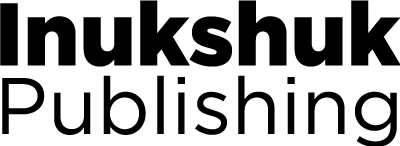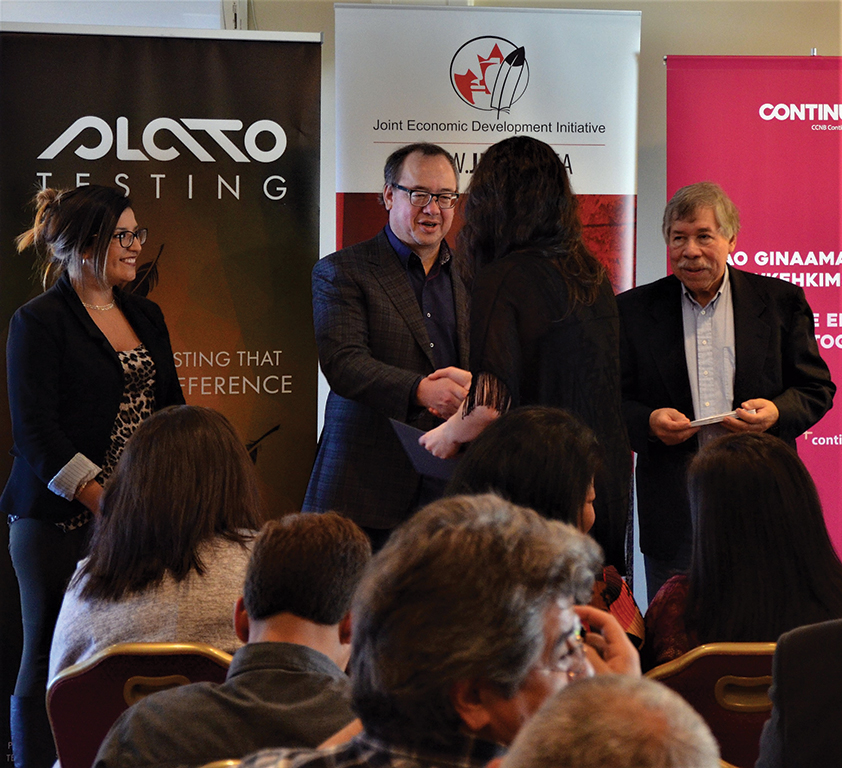
Turned on to Tech
Entrepreneur Trains and Employs Indigenous Workers through PLATO Venture
By Beverly Cramp
Keith McIntosh clearly remembers the day he was inspired to start a new company.
As CEO and founder of a successful software testing company headquartered in New Brunswick, Professional Quality Assurance Ltd. (PQA), McIntosh was participating in a leadership conference in 2015. He was one among many heads of other businesses, unions, Indigenous groups, and academic organizations. The conference had just finished a session in Montreal and participants were being taken in small groups on a tour that included a stop at the Kahnawake Reserve to visit a school for Kindergarten and elementary school children.
“It was a small school in the woods,” says McIntosh. “As the bus approached, the kids came running out meet us. As I got out of the bus, I was hit by a bad smell. I realized it was coming from the water, their drinking water. And I could see the skyline of the City of Montreal beyond the St. Lawrence River. I thought this is wrong. There’s no way this should happen.”
It was around the time that Canada’s Truth and Reconciliation Commission was about to begin its work and McIntosh and the other leaders began an impromptu conversation between themselves about what could be done to alleviate the poverty they had just witnessed.
“I run an IT business in a province where I have a difficult time finding qualified people to hire,” he says. “But there are 30,000 Aboriginal people underemployed or unemployed across the country. Could we get some of them into the worker’s system? Instead of a lot of Canadian jobs going offshore, why not try doing them here?”
And that’s when McIntosh vowed that he was going to do something about it. “Why not try it? When I got back to my office, I started to create a course for software testers. That was easy because I already had a learning company with PQA. But I needed to develop a course that was short enough that Indigenous people could take it and get into the workforce quickly.”
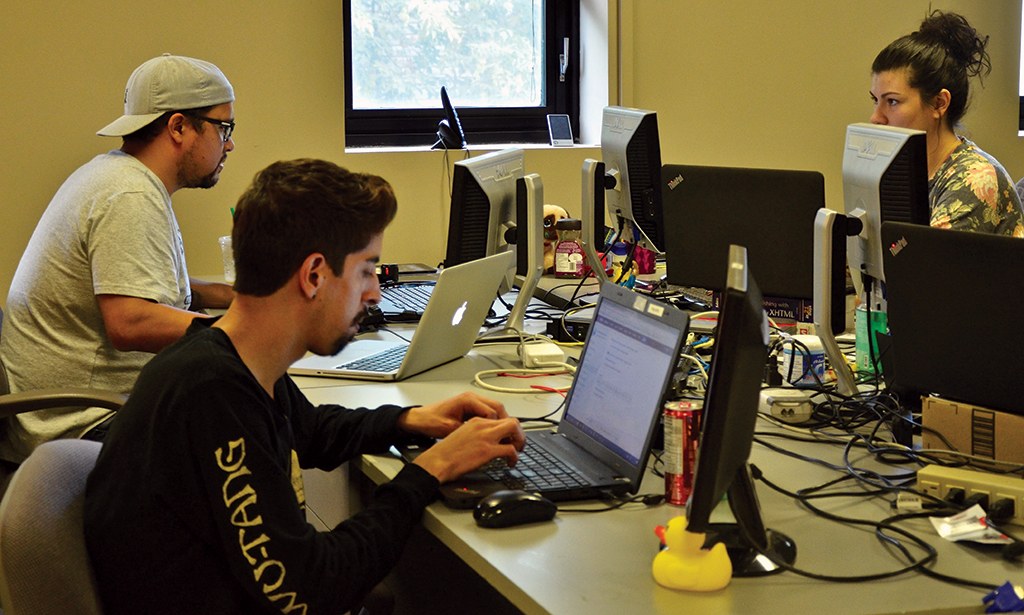
McIntosh’s plan was to leverage the under-utilization of human resources in First Nation, Métis and Inuit communities across Canada and develop a network of software testers by delivering a certified software tester training program and offering meaningful employment.
Working with PQA staff, McIntosh soon had a training scheme devised such that within months, graduates would be ready for entry-level software testing jobs. “All potential students need is curiosity, logic, and problem-solving and communication skills. With these things, you can learn how to do software testing. You don’t need to go to university for five years.”
Free training and a job
The key to McIntosh’s plan, was to give the course for free and guarantee a job offer upon completion. The first step was creating a company, called PLATO Testing. Moving quickly, the first course was offered on Sept. 15, 2015. In the four years since, PLATO Testing has held 14 software testing training programs across Canada in New Brunswick, Ontario, Saskatchewan, Alberta, and British Columbia. The company has successfully trained 167 First Nation, Inuit and Métis people and given jobs to 145 graduates.
Although PLATO guarantees employment, they do not require their students to stay with the company. “Some of our graduates work for us and some go and work for other companies,” says McIntosh. “Others decide they want to continue on to university and a few decide this line of work isn’t for them.
“We are trying to build a team here. We hope that our graduates will stay with us but they don’t have to.”
Overall, McIntosh says PLATO has had an 82 per cent success rate at graduating students from their software testing course and getting them into the workforce. At least 65 per cent of the graduates are still working at PLATO.
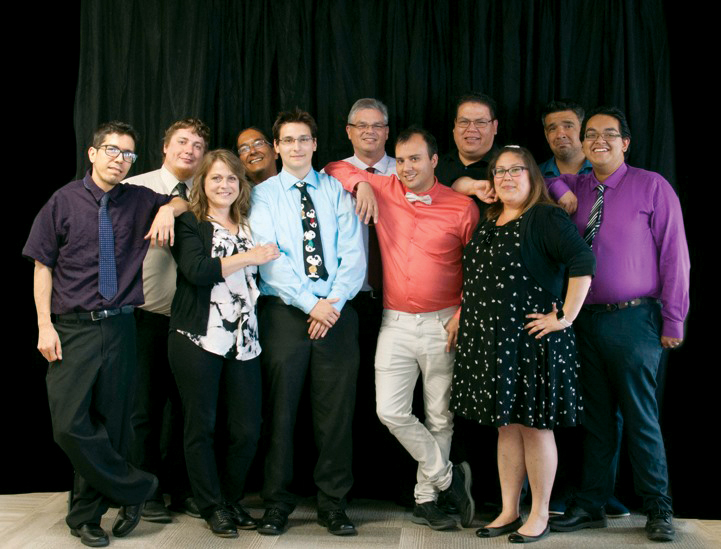
PLATO’s goals remain high, aiming to achieve 1,000 trained software testers in 20 Canadian cities by 2025. Furthermore, the company wants to do their training near Indigenous communities. “We don’t want our offices just located in big centers like Toronto and Vancouver,” says McIntosh. “We want to offer our software training in places like Sault Ste. Marie, Fort St. John and Miramichi, too.”
Recently, PLATO got a boost with its efforts to develop a software testing lab in Sault Ste. Marie, the traditional territory of the Anishnaabeg, when the federal government, through FedNor, entered into a funding agreement with the company worth $2.6 million. PLATO has committed to training 76 new software testers in Sault Ste. Marie.
The lab is primarily focused on providing software testing for lottery and gaming clients and plans to be a Centre of Excellence in software testing for the lottery and gaming industry.
“Sault Ste. Marie is home to our newest class of graduates, and we are pleased with how things are going,” says Brit Mockler, PLATO’s director of marketing and communications.
“We’ve already added 11 new Indigenous software testers to our PLATO team there as well as launching our Centre of Excellence in Lottery and Gaming software testing. This new group of graduates is part of the 76 positions [for the FedNor agreement], which will continue to grow as we train more students.
“It is always a challenge to start up a PLATO training program in a new area, but Sault Ste. Marie is a responsive community with valuable education, funding, and business partners. We are happy with the progress we have made thus far and look forward to continuing building on it in the coming years.”
Heavyweight clients
Being one of PLATO’s big corporate clients, Ontario Lottery and Gaming Corporation are helping this new growth in Sault Ste. Marie. But there are other significant customers such as Algoma Steel (headquartered in Sault Ste. Marie) in the area. In other parts of Canada, clients include FortisBC, Suncor, and Deloitte.
Last spring, PLATO commenced software testing training in Saskatchewan when PQA announced a partnership with FHQ Developments, an Indigenous-owned and led tech company. Then, in August, PLATO launched a new class in Calgary and began hosting another in Fredericton, N.B., at the end of October.
All this growth has led to PLATO Testing having made positive impacts in 45 surrounding Indigenous communities. “Our next goal is to get into Yellowknife,” says Keith McIntosh. “We are definitely gaining momentum.”
The PLATO Testing training program consists of a five-month in-class training session where students learn the basics of software testing, followed by a three-month internship with one of PLATO’s client partners. They have forged strong relationships with both indigenous communities and partner organizations to find interested candidates and recruit others through social media.
In order to qualify for the training program, students must be of First Nations, Inuit or Métis heritage, have a desire to learn and grow, an interest in information technology, and a High School diploma, GED or equivalent experience. Following successful completion of the program, the PLATO Testing graduates are offered a full-time job.
McIntosh says that software testers are trained to determine what software is designed to do and how well its users are able to work with the software. “Testers identify problems; it is not up to them to fix the problem. We provide the information, someone else decides what to do with that information.”
‘They made learning fun’
Shawnee Polchis, from the Woodstock First Nation in New Brunswick, took PLATO’s training in October 2016. At first, she was intimidated by the notion of becoming a software tester.
“I never thought of myself as a technical person,” she says. “I’m really sociable and not one who likes to sit behind a desk for a long time. But they made learning fun and simple. You don’t need to know a lot about computers to get started. I stuck it out and it has been life-changing for me.”
Upon completion of her internship, Polchis accepted a full-time position with PLATO. “I’m working on a long-term project with a client based out of Louisiana in the U.S. and have worked with them for two years,” she says. “A big part of my job is building relationships. I also work with clients in New York, Nova Scotia and Montreal.”
Polchis has travelled to Toronto and Sault Ste. Marie to meet with potential clients about partnering with PLATO. “I’m not just a software tester. You can become more than that, the opportunities are there. I have a passion for this work.”
Polchis continued to advance her skills by getting a college certificate from the Career College of New Brunswick in software testing. “I can now test software anywhere in the world.”
Polchis’s enthusiasm for her work and employer is not unusual says Keith McIntosh. “We have built an atmosphere and culture in PQA and PLATO. It’s different and it really works. We have a lot of comraderies.”
It’s the kind of enthusiasm that is infectious and cuts across all age levels. “A young fellow took our course and it worked out so well that the next year his mother came and now she works here, too,” says McIntosh. “There’s a good story here every day.”
And as the company continues to ramp up growth, they get closer to their goal of employing 1,000 Indigenous software testers in Canada, from coast to coast to coast. ABQ
